Who Is A Ship Chandler?
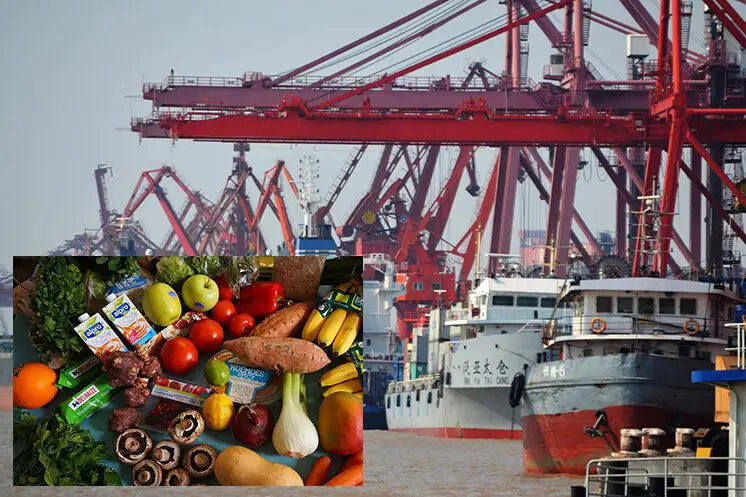
Every single day, numerous ships arrive at numerous ports all over the world. Usually, they come after traveling long distances for several days or weeks and are out of all the resources, supplies, and fuel. They need to be re-stocked and refueled before they can set off on their next voyage. This is a time when the role of a ship chandler comes into play. In this article, we will discuss what a ship chandler does and its importance in the marine industry.
Who Is A Ship Chandler?
A ship chandler is a person or a merchant who deals with the sale and retail in the marine industry, especially the one concerned with a ship’s equipment and supply. Ship chandlers provide their services when a ship is anchored at a port. He or she supplies all the necessary commodities that a ship may require. These include sailcloth, tools, nail, spike, boat hook, brooms, mops, leather goods, oil, tallow, freshwater, etc. Ship chandlers do so for all kinds of ships, from cruises to oil tankers.
Ship chandlers have been one of the most important parts of the marine industry since the beginning itself. The complete repository of the supplies that a ship might require during its voyage is the responsibility of the ship chandler.
Many a time, ships place orders with the concerned chandler sometime before their arrival so that all of the supplies can be ready when it arrives. This cuts down on loading and turnaround time and allows the ship chandler’s representatives to start re-stocking the ship.
Another job of a chandler is to keep a track of the arrival and departure times of his concerned ships to plan their order schedule accordingly. They also need to make sure that they have enough extra stock in their supplies in case of an emergency.
Also read: Who are Oil Rig Roughnecks?
Advantages of a ship chandler
Some of the main advantages of ship chandlers are as follows:
- Economical Transactions: Ship chandlers need to be aware of the current market rates and charge the ships accordingly. They usually charge a reasonable price. Contacting a chandler also avoids dealing with middlemen and other negotiators. This makes the ship chandlers an economic factor.
- One-Point Source: This means that all the requirements of the ships can be completed by a single chandler at a single place. This eliminates the use of others and also ensures good discounts and reasonable prices of the commodities.
- Direct Contact: As the order is placed in advance with a ship chandler, there is hardly any possibility of delay in the process. The ship captain or concerned authorities are also in direct contact with the chandler. This reduces the time delay of any sort.
- Assurance of Quality: chandlers always provide their clients with quality goods and hence, their products can be trusted.
Hence, we can conclude that chandlers make the task of the ship authorities much easier while the ship is anchored at a port.
Also read: Duties of a Boat mechanic
Types of ship chandler
There are also several different types of ship chandlers. For example, in India, the different types of chandlers include deck stores, cabin stores, provision stores, safety stores, engine stores, electrical stores, marine chemicals, marine paints, and accessories, hardware and tools, ropes and lifting tackles, etc. Following are what each of these includes:
- Deck stores deal with things like personnel protective equipment, charts, publications, and signages, hoses, couplings, valves, oil spill emergency equipment, nautical and GMDSS equipment, hatch sealing tapes radio room consumables, high-pressure deck cleaning equipment, ISPS stores, pipes, elbows, tees, flanges, etc.
- Cabin stores deal with items like cloth and linen, detergents and cleaning materials, lavatory equipment, welfare items, tableware and galley utensils, brushes and mats, locks and latches, etc.
- Provision stores deal with dry stores, cheese, and dairy products, fresh vegetables and fruits, beverages and instant foods, cereals, and pulses, frozen meats and fish, etc.
- Safety stores deal with life rafts, lifejackets, and lifebuoys, breathing sets, survival craft accessories, navigational lights and shapes, fire extinguishers, gas detectors and spares, fire and immersion suits, etc.
- Engine stores deal with adhesive and lubricants, explosion-proof hand lamps, lube oils, and hydraulic fluids, bearings, seals and v-belts, hot and cold-welding equipment, rubber mattings, and cords, asbestos-free packing and jointing, etc.
- Electrical stores deal with bulbs and lamps, navigation and searchlights, refrigerator, washer, grinder, plugs, sockets, alarm and horns, lead-acid batteries and chargers, cables, switches, and boards, etc.
- Some marine chemicals are boiler water treatment chemicals, air cooler cleaners, tank cleaning chemicals, oil spill dispersant, fuel oil treatment chemicals, etc.
- Marine paints and accessories include heat resistance coats, roller and flat brushes, anti-skid, finish, specialty coats, airless spray machines, and spares, etc.
- Hardware and tools include hand tools, measuring tools, welding equipment, bolts and nuts, cutting tools, etc.
- Finally, ropes and lifting tackles include mooring ropes and tails, galvanized steel wire ropes, hooks, chains, rods, lifting slings and nets, fairlead Mandal shackle, etc.
There may be other categories as well, but these are the basic and the most important ones.
Also read: Who is a Bosun?
Hence, if we consider the marine industry as a machine, we can say that a ship chandler is a lubricant since, without him or her, the industry cannot run smoothly and efficiently. In olden times, ship chandlers supplied things like ropes and sails but now, as our technology, as well as our demand, has increased, so has the work of a ship chandler. It is an incredibly difficult profession that requires a lot of knowledge and contacts. The job of a ship chandler has been relevant and important in every aspect of the marine world and it will be so for many years ahead.
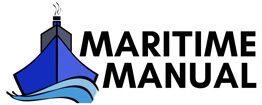
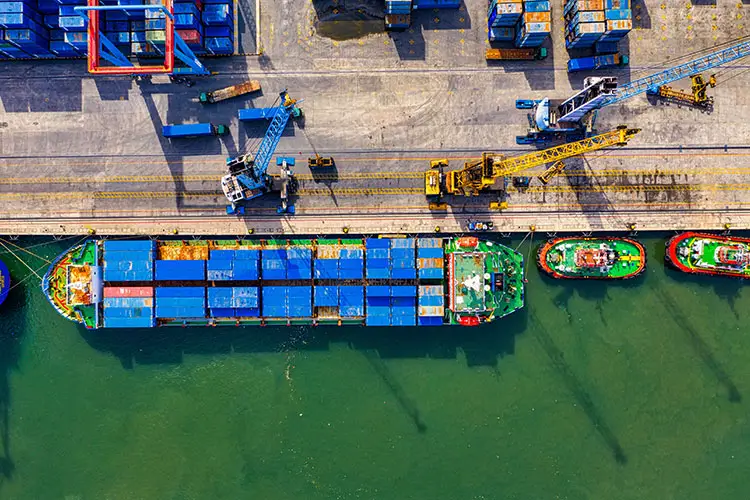
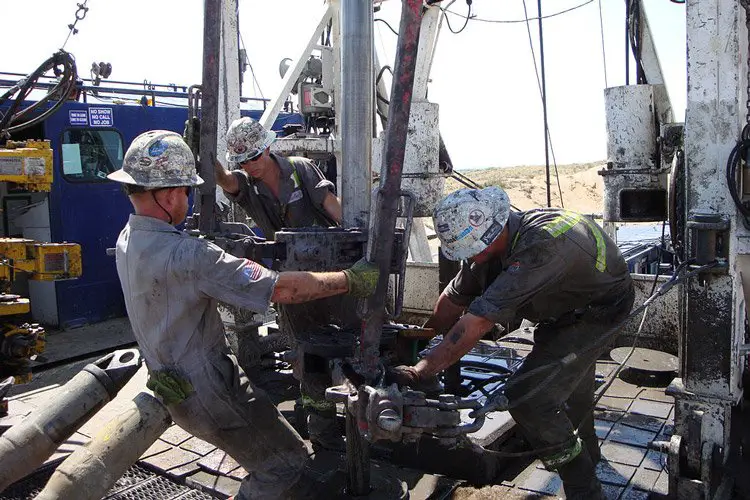



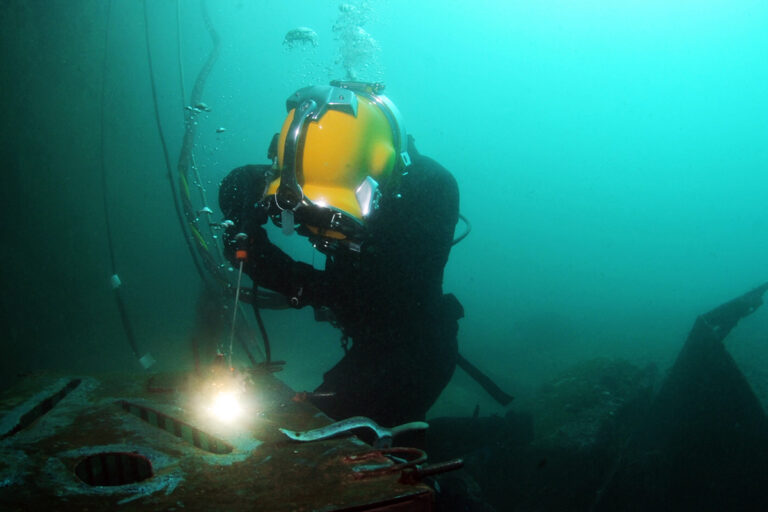
Thanks for very good information provide in very sort way.